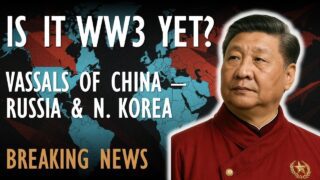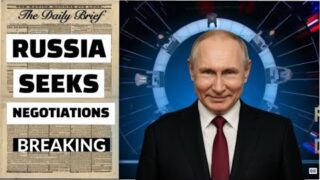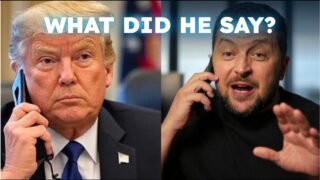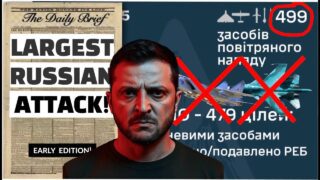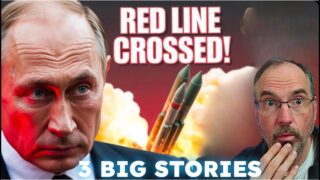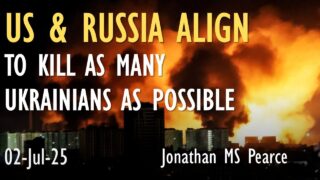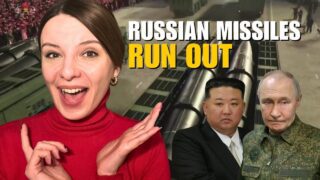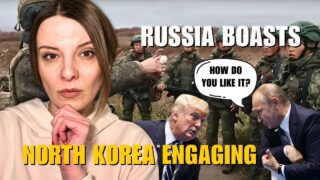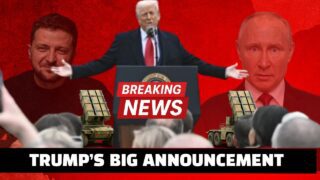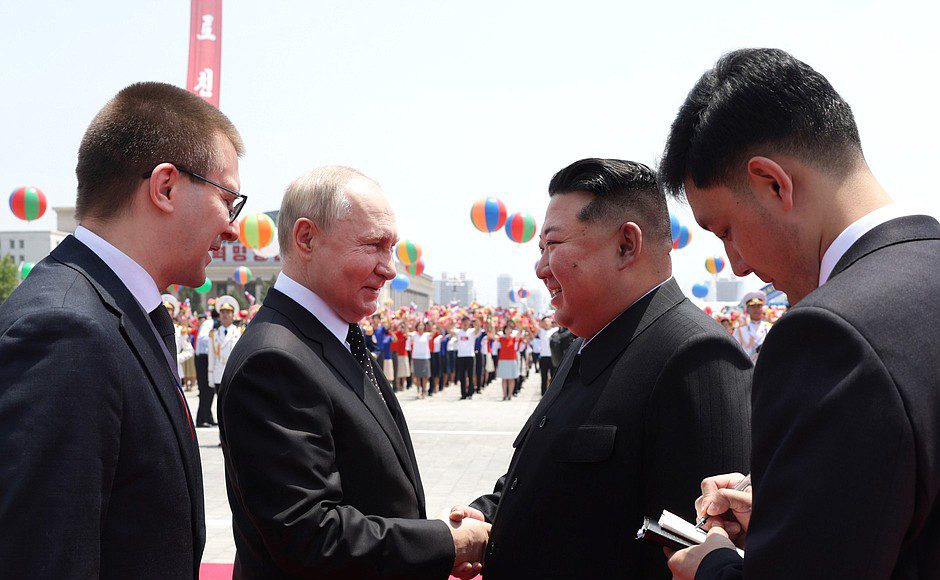
South Korea’s response to North Korean troops in Russia may include arms transfers
South Korea plans to review its approach to sending military aid to other countries, particularly to Ukraine, following North Korea’s decision to send its troops to Russia to help wage war against Kyiv, said South Korean President Yoon Suk Yeol during a meeting with Polish President Andrzej Duda, according to Wpolsce.pl.
Kirill Budanov, head of the Main Intelligence Directorate of Ukraine’s Ministry of Defense, said that North Korea is sending missiles and soldiers to Russia in exchange for technologies related to tactical nuclear weapons.
On 23 October, US Defense Secretary Lloyd Austin confirmed that there is evidence that North Korea sent its military personnel to Russia, though their specific role remains unclear. The deployment is notable given that North Korea has one of the world’s largest standing armies, with over 1.3 million active troops.
“I informed President Duda that we will increase support for the people of Ukraine based on the peace and solidarity initiative announced by our government a year ago, and we will closely cooperate with Poland in this process,” said the South Korean president.
When asked whether South Korea plans to send its weapons or troops to Ukraine, Yoon Suk Yeol noted that, until now, South Korea had provided humanitarian aid to Ukraine but acknowledged that “the situation has changed” due to North Korea’s close cooperation with Russia.
“We are almost certain that North Korea is sending special units to Russia. If they are on the front lines in Ukraine, we will have to respond depending on North Korea’s actions.
While we have maintained a principle of not directly supplying lethal weapons, we may review this more flexibly depending on the actions of North Korean forces,” said Yoon Suk Yeol.
During the conference, he emphasized that both he and President Duda condemn North Korea for its illegal military cooperation with Russia.
Yoon Suk Yeol stressed that the deployment of North Korean troops to Russia violates the UN Charter and a UN Security Council resolution, calling it a provocation that threatens not only the security of the Korean Peninsula but also Europe and the entire world.
Read more:





